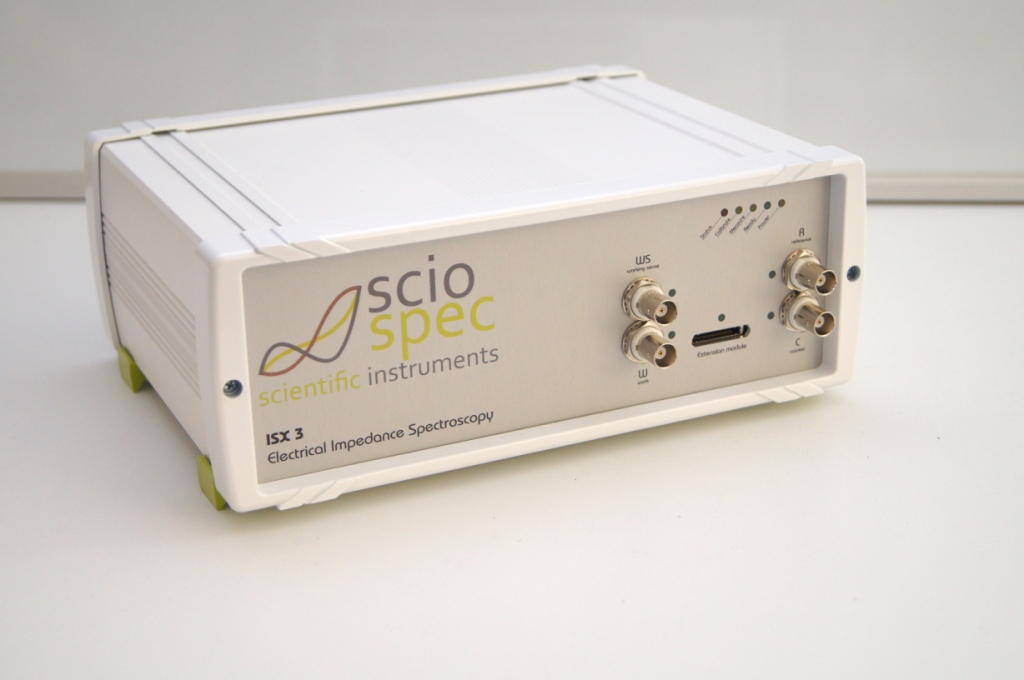LCR meters, designed for the precise measurement of inductance (L), capacitance (C), and resistance (R), are indispensable tools in the field of electronics. These instruments provide valuable insights into the electrical characteristics of passive components, aiding in design, quality control, and troubleshooting processes. This article explores the principles and techniques involved in measuring capacitance, inductance, and resistance using LCR meters, shedding light on the nuances of each parameter.
1. Capacitance Measurement:
- Principle:
- Capacitance is the ability of a component to store electrical energy in an electric field. In a capacitor, the voltage across the plates is directly proportional to the stored charge.
- Measurement Technique:
- LCR meters apply an AC voltage across the capacitor and measure the resulting current. The phase difference between the applied voltage and the current is used to calculate capacitance.
- Insights:
- Capacitance measurements are crucial in applications such as filter design, timing circuits, and energy storage devices.
2. Inductance Measurement:
- Principle:
- Inductance is the property of a component, typically a coil or inductor, to store energy in a magnetic field when an electrical current flows through it.
- Measurement Technique:
- LCR meters use an AC current to create a magnetic field in the inductor. By measuring the induced voltage and the phase shift between the applied current and voltage, the inductance is determined.
- Insights:
- Inductance measurements are essential in applications like power supply design, transformers, and inductors used in various electronic circuits.
3. Resistance Measurement:
- Principle:
- Resistance is the opposition to the flow of electrical current in a component, typically a resistor. It dissipates electrical energy in the form of heat.
- Measurement Technique:
- LCR meters measure resistance by applying an AC voltage across the resistor and measuring the resulting current. The ratio of voltage to current provides the resistance value.
- Insights:
- Resistance measurements are critical for determining power dissipation, voltage/current relationships, and overall circuit performance.
4. Automatic Ranging:
- Advantages:
- LCR meters often feature automatic ranging, selecting the appropriate measurement range based on the characteristics of the component. This ensures accurate measurements without manual adjustments.
- Considerations:
- While automatic ranging enhances convenience, users should be aware of the selected range and verify that it is suitable for the component being measured.
5. Selecting Measurement Frequency:
- Advantages:
- LCR meters allow users to select the measurement frequency, which is particularly important for inductance and capacitance measurements as these properties are frequency-dependent.
- Considerations:
- The choice of frequency depends on the characteristics of the component and the application. Higher frequencies may reveal characteristics not evident at lower frequencies.
6. Equivalent Series Resistance (ESR) Measurement:
- Advantages:
- Some LCR meters can measure the Equivalent Series Resistance (ESR) of capacitors. ESR is crucial for assessing the efficiency and health of capacitors, especially in power supply circuits.
- Considerations:
- ESR measurements are valuable in identifying deteriorating capacitors and potential issues in circuits where low ESR is critical.
7. Calibration and Traceability:
- Advantages:
- Regular calibration of LCR meters ensures measurement accuracy and traceability to national or international standards.
- Considerations:
- Following the manufacturer’s calibration guidelines and using calibrated standards is essential for reliable and accurate measurements.
In conclusion, LCR meters provide valuable insights into the electrical properties of electronic components, offering precise measurements of capacitance, inductance, and resistance. Understanding the principles and techniques involved in these measurements is crucial for engineers and technicians engaged in electronic design, manufacturing, and testing. With their versatility and advanced features, LCR meters continue to be indispensable tools in the ever-evolving field of electronics.
